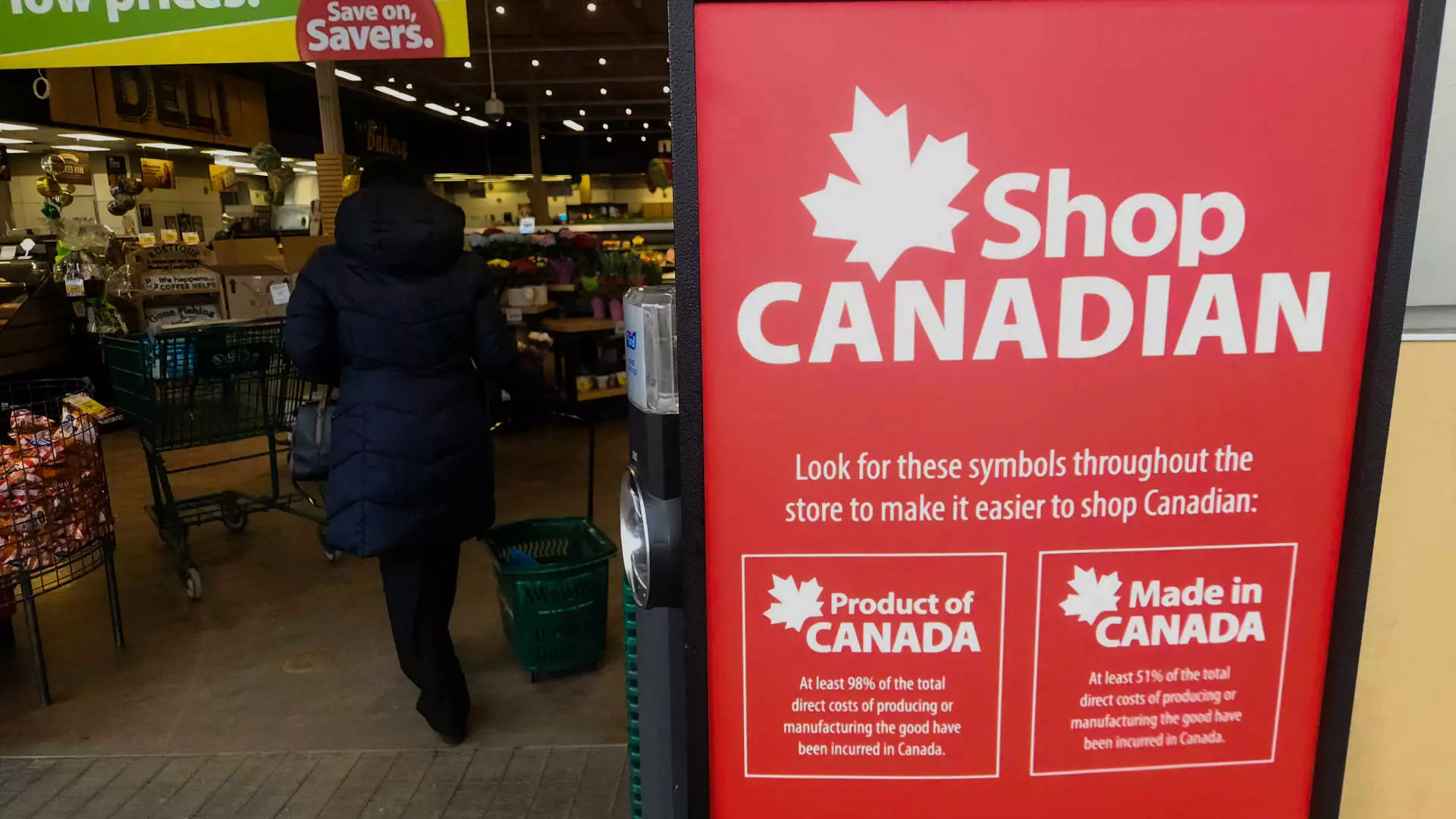The onset of tariffs imposed by the Trump administration has not merely rattled the cages of policymakers; it has fundamentally disrupted the delicate ecosystem of small businesses across North America. The imposition of tariffs, which Chinese philosopher Sun Tzu might refer to as a tactic of “hard power,” raises a multifaceted crisis: while designed to bolster domestic manufacturing and enhance American influence on the global stage, they have incited retaliatory measures from Canada and threatened to unravel decades of cooperative commerce that have characterized U.S.-Canada relations.
In 2024, the trade exchange between these two nations amounted to an astounding $762.1 billion, underlining the importance of this bilateral relationship. However, these bureaucratic levies are not just numbers on a balance sheet; they have profound emotional implications for the communities and small enterprises caught in the crossfire.
Small Businesses: The Unsung Victims of Trade Wars
Small businesses, which account for a significant portion of economic activity, find themselves in an agonizing predicament. While large corporations may have the resources to weather storms caused by international tariffs, small enterprises operate with little margin for error. According to Corinne Pohlmann, executive vice president of advocacy at the Canadian Federation of Independent Business (CFIB), about half of its members engage in cross-border trade directly. This impending threat from tariffs sends chills down their spines, igniting fears of higher costs and dwindling demand for their products.
The emotional toll of these policies is significant. In late March, surveys indicated that over 25% of small business owners felt heightened demand for locally produced goods—a clear testament to the moral support for Canadian enterprises but also a warning that loyalty can swiftly transform into economic retribution. The contrast between a burgeoning sense of nationalism and foundational economic interdependence highlights a crisis in trust that is as perilous as any financial deficit.
Americano or Canadiano? A Case Study in National Pride
One striking example of this consequential emotional landscape is Balzac’s Coffee Roasters, which humorously but poignantly rebranded its Americano to “Canadiano” in a symbolic act of resistance against perceived aggression from the south. By renaming a classic espresso drink, they boldly encapsulate a collective consciousness among Canadian small businesses: any attempt to disrupt international trade is not just a business issue but an affront to national pride.
This sentiment also finds expression in grocery stores like Your Independent Grocers, which emphasize local products by sporting maple leaf branding. These initiatives reinforce the narrative that Canadian identity is intertwined with economic and consumer behavior. Yet, they paradoxically mark an unsettling shift; loyalty born of trade wars can often lead to undertones of bitterness that linger long after tariff rates adjust.
Long-Term Consequences: Erosion of Trust
The fallout from these tariffs extends beyond mere economic inconvenience; it has led to significant relational strain between U.S. and Canadian traders that may not easily mend. The CFIB reports that many members are actively contemplating switching suppliers and re-negotiating contracts, actions that will undoubtedly have lasting implications.
Former Secretary of State Antony Blinken has voiced his concerns that the United States risks diminishing its “soft power”—the type of influence that comes from trust and mutual respect rather than coercion. As Canadian businesses increasingly regard their Southern counterparts as unreliable partners, the long-term implications become worrisome. The once-strong bonds linking these two nations are fraying, creating an uncertain future where mutual dependence could be replaced by isolationist tendencies.
The Uncertain Road Ahead
While the current climate leaves many entrepreneurs in a precarious situation, there is also a flicker of hope that compromise may return to the table. Should the U.S. reconsider its tariff strategies, many businesses may find it beneficial to rebuild previously strong relationships. However, as Pohlmann aptly states, the “trading relationship between Canada and the United States has been fractured and may never be the same again.”
In this new scenario, soft power conversations take center stage, leading to an urgent need for dialogue, understanding, and diplomacy that transcends numbers. The stakes are high; America’s economic empire may falter not due to external competitors but through self-inflicted wounds incapable of healing through mere economic metrics. In the end, both nations must tread carefully or risk losing what has historically been a foundational partnership.

